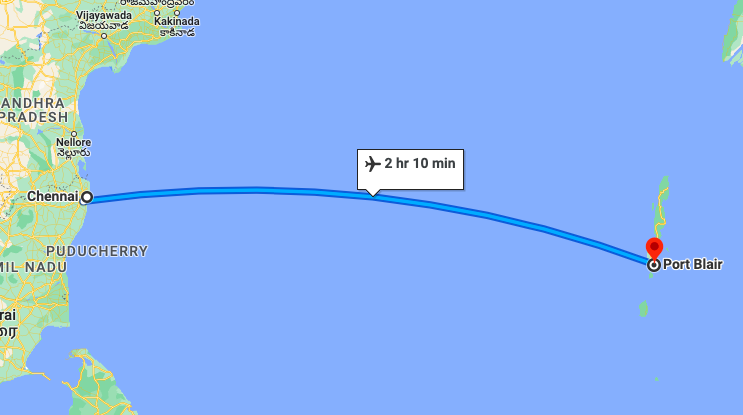One of the most common travel scams involves taxi drivers overcharging passengers. To avoid this scam, be sure to research the typical fares for taxis in the area you’re visiting. You can also ask your hotel or a local for recommendations on reputable taxi companies. Additionally, be sure to agree on a fare before getting into the taxi and ask for a receipt so that you can dispute any overcharging.
Another common scam is the “helpful local” who offers to show you around or assist you with directions. While many locals are genuinely helpful, there are some who may have ulterior motives, such as leading you to a tourist trap or asking for money in exchange for their help. To avoid this scam, it’s best to politely decline any unsolicited assistance and rely on maps or GPS to navigate on your own.
A common scam in tourist areas is the “fake ticket” scam, where vendors sell counterfeit tickets to popular attractions or events. To avoid falling victim to this scam, be sure to purchase tickets from official ticket offices or reputable vendors. It’s also a good idea to double-check the legitimacy of the tickets by researching the official website or contacting the venue directly.
Another common travel scam is the “distraction” scam, where a thief distracts you while an accomplice steals your belongings. To avoid this scam, be wary of strangers approaching you in crowded areas or engaging in overly friendly or aggressive behavior. Keep your valuables secure and never leave them unattended, especially in busy tourist areas.
Overall, the key to avoiding common travel scams is to stay vigilant, trust your instincts, and do your research before your trip. By following these tips from experienced travelers, you can enjoy a safe and enjoyable travel experience without falling victim to scams. Remember to always be aware of your surroundings, keep your valuables secure, and trust your gut instincts when encountering unfamiliar situations. Happy travels!









